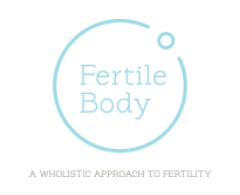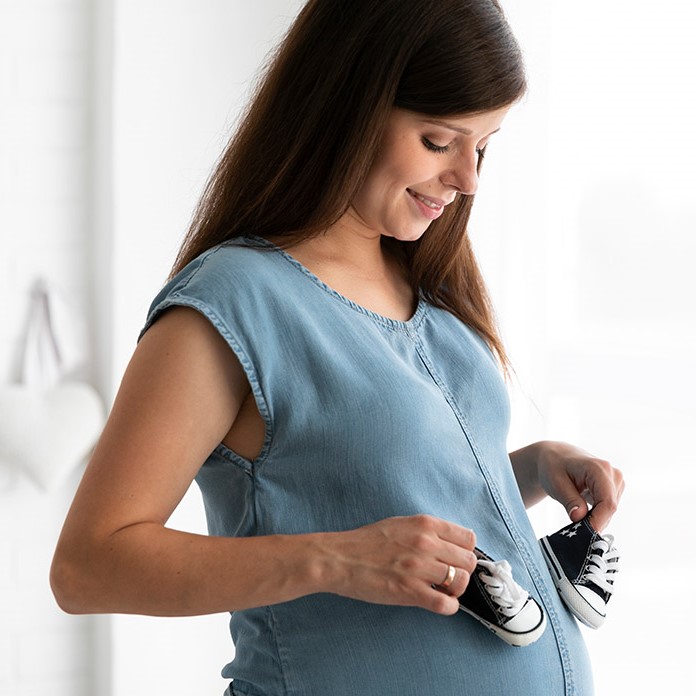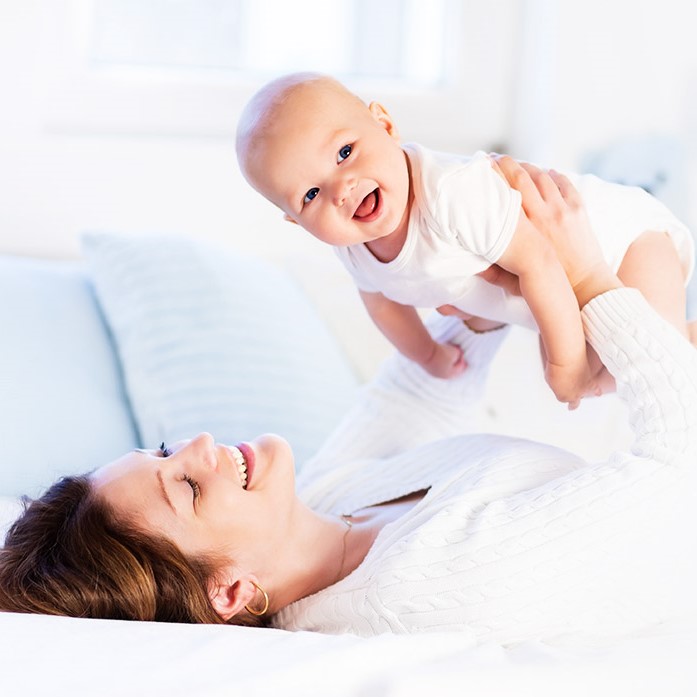How Fertility Acupuncture Works
With the excitement of realising that a little one is on their way, it’s time to give your body the support it needs to have a smooth ride through pregnancy. Completely safe and painless from pre-conception to birth, regular fertility acupuncture helps support the process of carrying a child to term by helping alleviate some of the unpleasant symptoms that can tend to accompany it. From the frustrating fatigue, to the lingering backaches, fertility acupuncture triggers the release of your body’s natural endorphins that can help reduce those symptoms and leave you feeling calm, relaxed, and at ease.
Fertility acupuncture is a natural, safe, and effective way to support your body’s reproductive health. By stimulating specific acupuncture points, this ancient practice can help regulate your menstrual cycle, improve blood flow to the reproductive organs, and balance your hormones. These factors are crucial for creating a fertile environment conducive to conception.
Research has shown that acupuncture can significantly improve fertility outcomes. A study published in the Journal of Acupuncture and Meridian Studies found that women who received fertility acupuncture treatments had higher pregnancy rates compared to those who did not. This is because acupuncture helps to reduce stress, which is a known factor that can negatively impact fertility.
Acupuncture works by inserting fine, sterile needles into specific points on the body to stimulate the flow of Qi (energy) and blood. This stimulation helps to:
- Regulate Hormones: Acupuncture can help balance hormones such as estrogen, progesterone, and luteinising hormone (LH), which are essential for ovulation and implantation.
- Improve Blood Flow: Enhanced blood flow to the uterus and ovaries can improve the quality of the uterine lining and increase the chances of successful implantation.
- Reduce Stress: Stress can disrupt the hormonal balance needed for conception. Acupuncture triggers the release of endorphins, which help to reduce stress and promote relaxation.
The Benefits of Fertility Acupuncture
Regular fertility acupuncture sessions can offer numerous benefits, including:
- Improved Ovulation: By regulating hormones, acupuncture can help ensure that ovulation occurs regularly and predictably.
- Enhanced Egg Quality: Improved blood flow to the ovaries can result in better egg quality, which is crucial for successful conception.
- Increased Sperm Quality: Acupuncture isn’t just for women; it can also improve sperm quality and motility in men, increasing the chances of conception.
- Reduced Miscarriage Risk: By improving the uterine lining and hormonal balance, acupuncture can help reduce the risk of miscarriage.
What to Expect During a Fertility Acupuncture Session
During your initial consultation, your acupuncturist will conduct a thorough assessment of your overall health and reproductive history. This may include:
- Pulse and Tongue Diagnosis: Traditional Chinese Medicine (TCM) practitioners often use pulse and tongue diagnosis to assess your body’s energy flow and identify any imbalances.
- Personalised Treatment Plan: Based on the diagnosis, your acupuncturist will create a personalised treatment plan tailored to your specific needs.
A typical acupuncture session lasts about 60 minutes. You’ll lie comfortably on a treatment table while the acupuncturist inserts fine needles into specific points on your body. Most people find the experience relaxing and pain-free.
Combining Acupuncture with Other Fertility Treatments
Fertility acupuncture can be used alongside other fertility treatments such as in vitro fertilisation (IVF) and intrauterine insemination (IUI). Studies have shown that acupuncture can enhance the effectiveness of these treatments by improving blood flow to the uterus and reducing stress levels.
For example, a study published in the Journal of Fertility and Sterility found that women who received acupuncture before and after embryo transfer had higher pregnancy rates compared to those who did not.
Lifestyle Tips to Complement Fertility Acupuncture
While acupuncture is a powerful tool for improving fertility, combining it with healthy lifestyle changes can further enhance your chances of conception. Here are some tips:
- Nutrition:
- Focus on a balanced diet rich in whole foods, including fruits, vegetables, lean proteins, and healthy fats.
- Incorporate fertility-boosting foods like leafy greens, berries, nuts, seeds, and oily fish.
- Avoid processed foods, excessive sugar, and trans fats, which can negatively impact hormone balance.
- Exercise:
- Engage in moderate exercise, such as yoga, walking, or swimming, to improve circulation and reduce stress.
- Avoid excessive or high-intensity workouts, as they can disrupt hormonal balance.
- Stress Management:
- Practice mindfulness techniques like meditation, deep breathing, or journaling to reduce stress.
- Consider activities like acupuncture, massage, or tai chi to promote relaxation.
- Sleep:
- Aim for 7-9 hours of quality sleep per night to support hormone regulation and overall health.
- Create a calming bedtime routine to improve sleep quality.
- Avoid Toxins:
- Limit exposure to environmental toxins, such as pesticides, plastics, and synthetic chemicals, which can interfere with fertility.
- Choose organic produce and natural household products whenever possible.
Fertility Acupuncture FAQs
Q: How many sessions of fertility acupuncture do I need?
A: The number of sessions required varies depending on your individual needs. Generally, a course of 6-12 weekly sessions is recommended, with additional sessions around the time of ovulation or embryo transfer.
Q: Is fertility acupuncture safe?
A: Yes, fertility acupuncture is safe when performed by a qualified and experienced practitioner. The needles used are sterile and single-use, minimising the risk of infection.
Q: Can men benefit from fertility acupuncture?
A: Absolutely. Acupuncture can improve sperm quality, motility, and count, making it a valuable treatment for male infertility as well.
Q: How soon can I expect to see results?
A: While some women may notice improvements within a few weeks, it typically takes 2-3 months of regular sessions to see significant changes in hormonal balance and reproductive health.
References
Smith, C., et al. (2018). The Role of Acupuncture in Improving Fertility Outcomes: A Systematic Review. Available at: https://www.sciencedirect.com/science/article/pii/S2005290117302072
Paulus, W. E., et al. (2002). Influence of Acupuncture on the Pregnancy Rate in Patients Who Undergo Assisted Reproduction Therapy. Available at: https://www.fertstert.org/article/S0015-0282(02)03105-2/fulltext
Stener-Victorin, E., et al. (2010). Acupuncture and Ovulation: A Review of the Evidence. Available at: https://www.endocrine.org/journals/endocrine-reviews/articles/acupuncture-and-ovulation
Ho, M., et al. (2009). The Effect of Acupuncture on Uterine Blood Flow in Infertile Women. Available at: https://www.reproductive-medicine.com/article/S0143-4004(09)00123-4/fulltext
Domar, A. D., et al. (2009). The Impact of Acupuncture on Stress and Anxiety in Women Undergoing Fertility Treatments. Available at: https://www.tandfonline.com/doi/full/10.1080/01674820903167823
American Pregnancy Association. (n.d.). Fertility Acupuncture: What You Need to Know. Available at: https://americanpregnancy.org/getting-pregnant/acupuncture-for-fertility/
National Center for Complementary and Integrative Health. (n.d.). Acupuncture: In-Depth. Available at: https://www.nccih.nih.gov/health/acupuncture-in-depth


